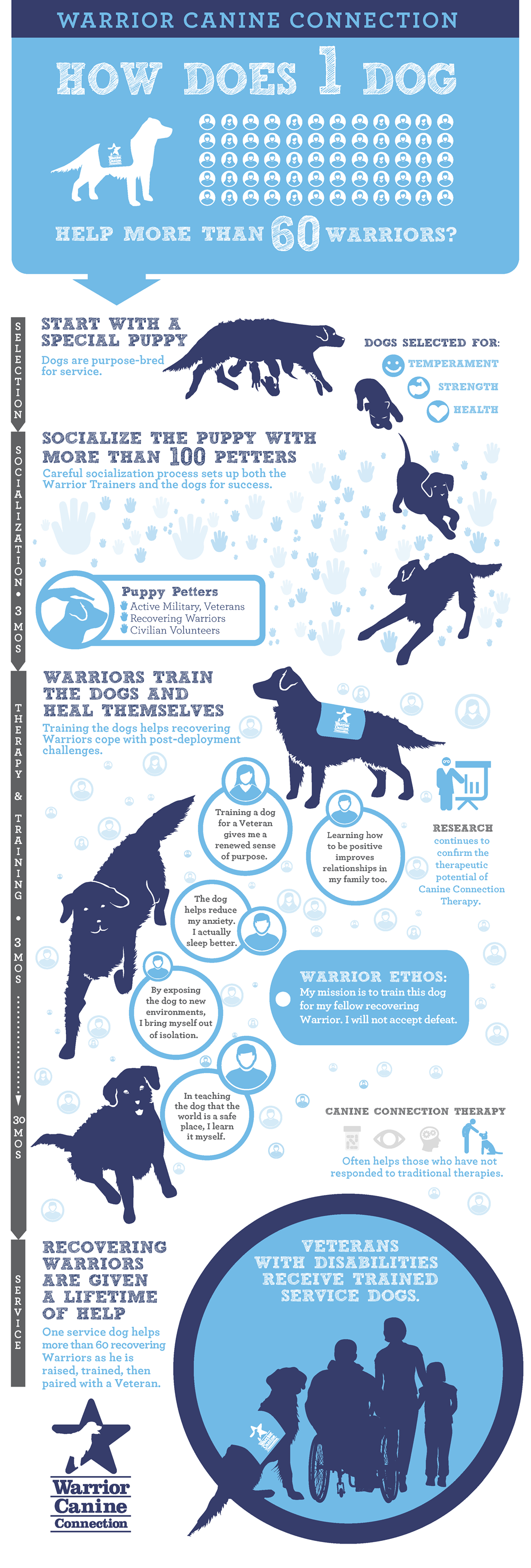Dog Daycare Insurance Liability Explained
Dog Daycare Insurance Liability Explained
Blog Article
Can Dog Day Care Cause Illness?
Pets in childcare get lots of exercise, socializing with various other canines and unique experiences. This can be specifically practical for young puppies and dogs with behavior problems.
There are several legal considerations you require to think about when starting a doggy daycare service. These consist of the framework of your organization and compliance with government policies.
1. Dog Distemper
Canine distemper is spread out via straight contact with the physical liquids and waste of an infected dog, but it can likewise be transferred through shared water and food bowls or with air-borne beads. This very transmittable illness is most dangerous for puppies, but it can affect pet dogs of any type of age and is deadly for the majority of if left untreated.
Initial symptoms of canine distemper frequently mimic a cold, including drippy eyes and nose with watery or pus-like discharge. As the illness advances, a canine will establish high temperature, coughing, minimized hunger, vomiting and looseness of the bowels. The infection can likewise assault the nerve system, leading to seizures, jerking and partial or total paralysis.
Credible day cares minimize exposure to infection by needing vaccinations, routine health examinations and follow strict health protocols. If your dog appears excessively worn out or limping, a day of rest may help him recover, but you should avoid taking him back to childcare up until these signs clean up.
2. Kennel Cough
Kennel coughing, likewise referred to as contagious canine tracheobronchitis or Bordetella, is a highly contagious viral or bacterial condition that influences the respiratory system tract. It's typically transferred through the exchange of saliva or air beads that an ill canine exhales. Social dogs go to greater danger for infection due to their frequent communication with each other, such as when they play, share food or water, sniff one another or merely satisfy in a congested environment like a pet park or day care.
The most common signs and symptom of kennel coughing is a persistent and forceful coughing that seems like something stuck in the throat or retching. Often, dogs will certainly spend frothy white phlegm. If left untreated, a pet can establish pneumonia and be at significant threat forever.
A trusted daycare center must have strict cleansing and cleanliness procedures, sanitize all playthings, food and water bowls on a regular basis, and be open regarding their vaccination plans. Keeping your dog approximately date on their vaccinations, especially pet boarding near me for dogs for bordetella and canine influenza, will greatly lower their possibilities of contracting the ailment.
3. Parvovirus
Canine parvovirus, or parvo, is an extremely contagious viral ailment that can be harmful for young puppies and young adult pets with bad body immune systems. It's most generally spread by straight contact with polluted dog feces-- which can take place when canines sniff, lick, or preference infected feces-- and indirectly from infected people, things, or atmospheres (like kennels, grooming areas and lawns). Pups and pet dogs without complete inoculation histories are specifically prone to parvo.
The infection is incredibly resilient, making it through in the environment for approximately nine years, and can conveniently be transferred in between dogs by call through feces or on footwear, clothing, and bed linens polluted with parvovirus. Otherwise treated quickly with IV fluids, electrolyte equilibrium, vomiting control drugs and prescription antibiotics to stop additional bacterial infections, a pet dog will rapidly dehydrate and create severe looseness of the bowels, which results in shock and blood poisoning. Parvo is difficult to treat as soon as a canine has actually become ill, yet with appropriate veterinary treatment, numerous pups do survive this health problem.
4. Pooch Influenza
Dog flu virus is extremely transmittable and spreads through straight contact, sharing food and water bowls, licking or nuzzling other pet dogs, through airborne beads, and through polluted surface areas. Vaccination works in reducing the danger of infection and episodes.
Many influenced dogs establish a light respiratory infection with a coughing that lasts 1-3 weeks. They might also have nasal and ocular discharge, sneezing, and sleepiness. Some of the most significant cases lead to pneumonia and a high fever.
If your pet exhibits any of these signs and symptoms, do not bring them back to daycare up until they are healthy and balanced. If your dog is showing indicators of severe fatigue or hopping, talk with your veterinarian right now and see to it they are on health supplements to assist build their immunity. A veterinarian will certainly evaluate your dog for signs of the influenza by taking an example from the nose or throat, and blood tests can be done to confirm.